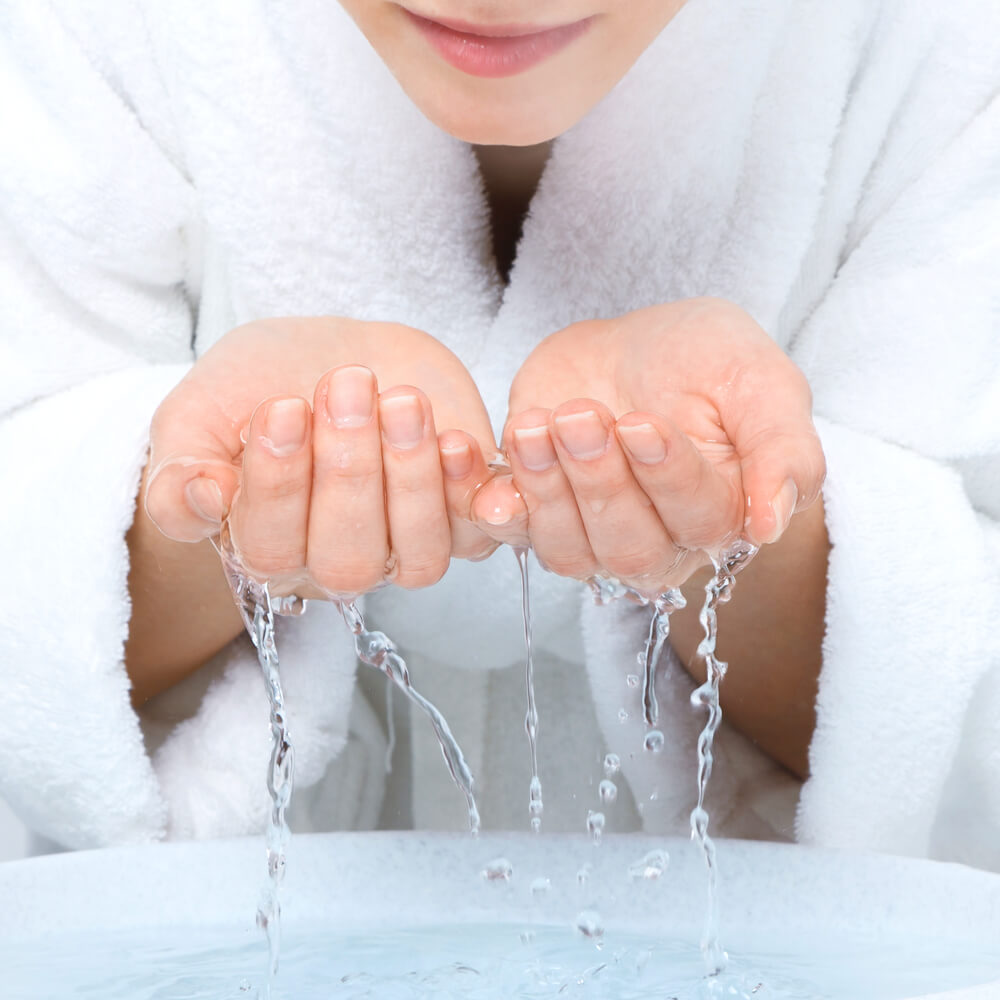With water contamination in crisis, many New Jersey people are now concerned about their drinking water supply. But have you ever thought about where your drinking water supply comes from? While most New Jersey residents have a water supply in their homes, most do not know where their water comes from, and whether or not their drinking water supply is contaminated.
Where Does Your Drinking Water Come From?
The North Jersey District Water Supply Commission facilitates water pumping from the reservoir to the Wanaque water plant for treatment. The water is then delivered to the residents using underground pipes.
According to New Jersey State Health Assessment Data, approximately 90% of U.S. residents source their water from community water systems instead of private wells. New Jersey alone has more than 600 water systems that supply water to about 87% of the whole state’s population.
New Jersey water comes from a variety of sources, and this depends on the location you live in. While each New Jersey community has its own tale of where its water supply comes from, the majority is served by the public water systems.
Things to Lookout for in Your Water for Safety
Water has many purposes, especially in daily household uses such as drinking, cleaning, cooking, and recreation. Thus, if contaminated, the water can harm people’s health. Therefore, the Environmental Protection Agency in the United States sets various regulations for treating and monitoring water from community water systems to ensure the drinking water supply is safe. In addition, the NJDEP has imposed more stringent water quality standards in New Jersey.
There are several water contaminants and pollutants to look out for in New Jersey water. Some of the water contaminants to look out for include:
- Presence of lead in New Jersey water
- Chemicals from pesticides and herbicides
- Disinfection by-products
- Chlorine
What to do to Ensure Your Water Supply Is Safe
First, it’s crucial to check the Water Quality Report, also known as the Consumer Confidence Report, about the safety of water from your water company or public water system. You can find a copy of the water quality report from your water supplier or municipal offices. Alternatively, you can search for the New Jersey Water Quality Report using your zip code.
Secondly, it’s essential to take responsibility for your drinking water supply safety. According to New Jersey’s Public Health Data Resource, approximately 13% of residents in New Jersey source their drinking water from a well, spring, or cistern. It’s your responsibility to monitor and protect your water supply by periodically maintaining your well and testing your water.
Lastly, it’s everyone’s duty to prevent water contamination. As a New Jersey resident, it’s crucial to eliminate or reduce water contamination. You can achieve this by reducing the amounts of herbicides and pesticides around your property. In addition, be aware of what gets into your septic system to ensure that there are no chemicals that find their way into your drinking water. Remember, clean drinking water depends on every single individual!
Take Action!
While the North Jersey District Water Supply Commission ensures that the Northern Jersey area has a safe water supply, there are still some concerns about water safety. It remains essential to understand the impact of possible water contaminants in private wells and public water supplies. Taking control of your water supply’s protection is the first step to avoid health issues related to water contamination. Get a water test and talk to those at Advanced Water Softening. They will be able to advise you on additional tests and provide you with more information to keep you safe and healthy!






